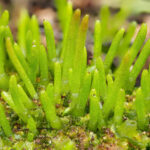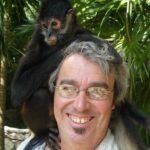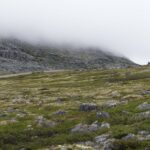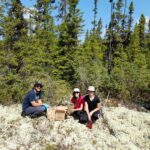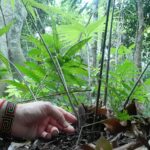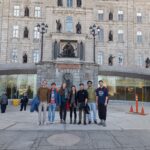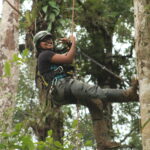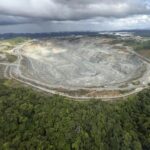
El año 2023 fue un año transcendental para los panameños. Con gran preocupación por la falta de un plan detallado a largo plazo por parte de las autoridades locales, nosotros escribimos una nota al editor de la revista Nature. Nuestra nota hace eco sobre la nota escrita por el colega Iván Landires (y colaboradores) en la revista Science
Le traducimos nuestra nota en Nature:
"Panamá se encuentra en una encrucijada de conservación de la biodiversidad y desarrollo económico. El...
Read More
